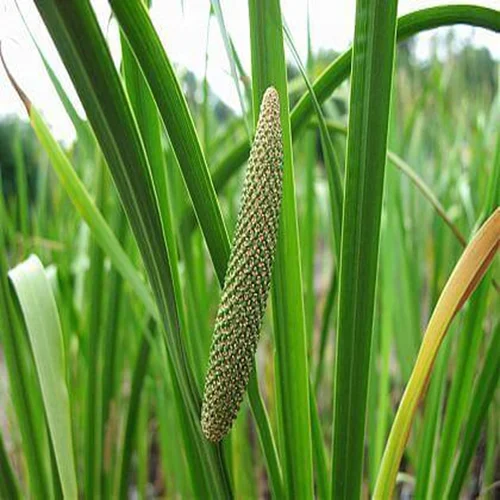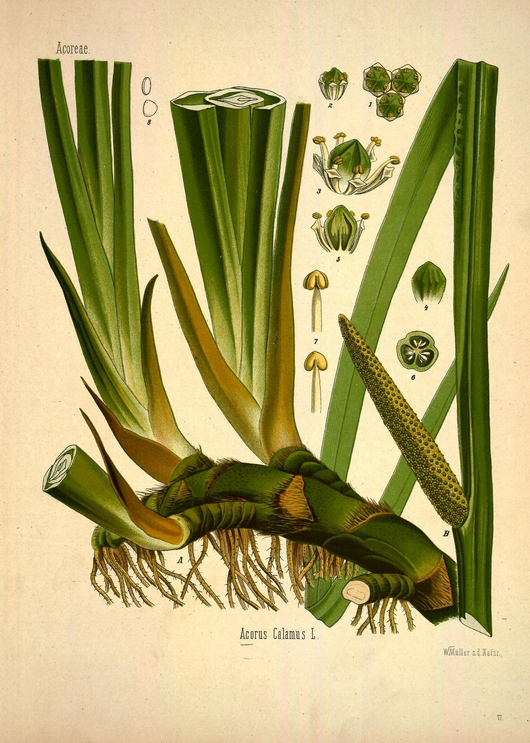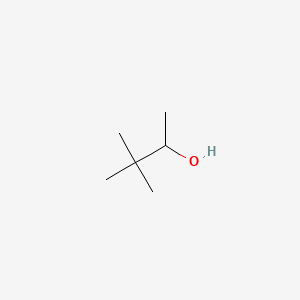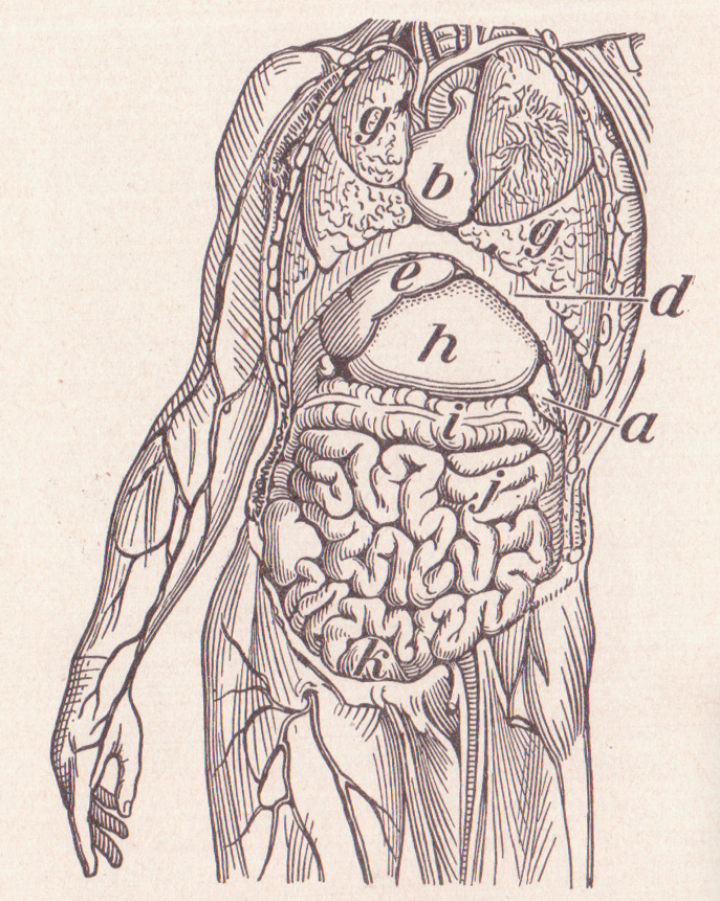|
Name: Calamus
Type: Medicinal Plant
AKA: Acorus calamus

|
|
II. Natural Derivative

|

|
|
IV. History
Calamus has been used in traditional medicine across various cultures for its psychoactive and digestive properties. Its use in Ayurveda and traditional Chinese medicine highlights its historical significance in herbal practices.

|
|
V. Legal Information
Calamus is regulated differently across various regions. In some places, it is used as a traditional medicine, while in others, its use is restricted due to potential psychoactive effects. It is important to check local regulations regarding its use and availability.
|
|
VI. Physical Effects
Calamus is noted for its psychoactive and digestive effects. It has been used traditionally for its potential to enhance cognition and alleviate digestive issues. Overuse can lead to adverse effects, so it should be used with caution. Research into its effects is ongoing.
 |
|
VII. Psychological Effects
Calamus affects the central nervous system through its psychoactive compounds, leading to altered perception and mild euphoria. Immediate effects are short-lived, with potential long-term impacts including mood changes and cognitive effects. Research on its psychological impact is limited but suggests possible benefits for anxiety and mood disorders.
 |
|
VIII. Culture
Calamus, a plant used traditionally in Asia and the Middle East, has cultural significance in various ancient practices and medicine. It is mentioned in Ayurvedic and traditional Chinese medicine texts. In modern times, it is used in some herbal remedies. Proponents value its traditional uses, while opponents caution against its potential toxicity. Its use spans both traditional and alternative medicine contexts.
 |
